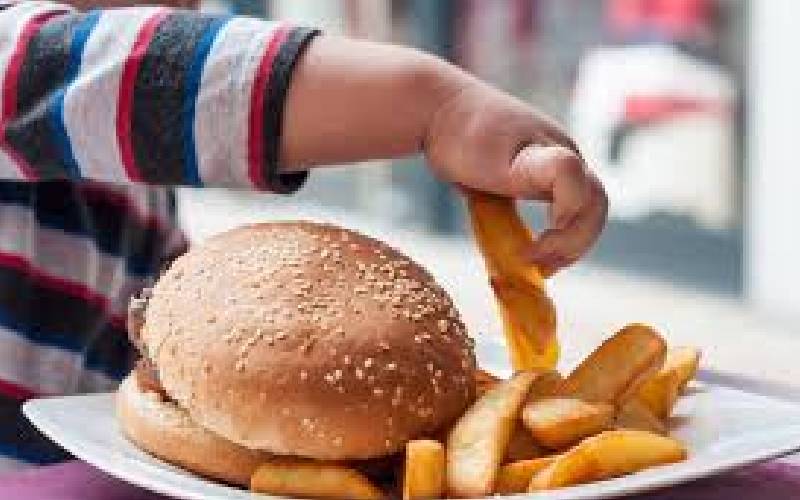
Children who attend private schools are likely to be obese and to have weight-related issues compared to those in public schools, according to a new research.
Among other reasons for obesity especially among pupils in private schools include use of school bus transport and fewer Physical Exercise (PE) lessons.
According to the study conducted in Kakamega County last year by researchers from Masinde Muliro University of Science and Technology (Mmust), private schools put more weight on core curricular activities for better performance in national exams, instead of PE.
 The Standard Group Plc is a multi-media organization with investments in media
platforms spanning newspaper print
operations, television, radio broadcasting, digital and online services. The
Standard Group is recognized as a
leading multi-media house in Kenya with a key influence in matters of national
and international interest.
The Standard Group Plc is a multi-media organization with investments in media
platforms spanning newspaper print
operations, television, radio broadcasting, digital and online services. The
Standard Group is recognized as a
leading multi-media house in Kenya with a key influence in matters of national
and international interest.











